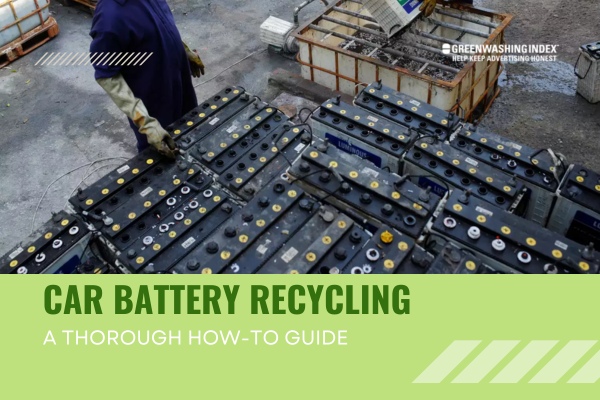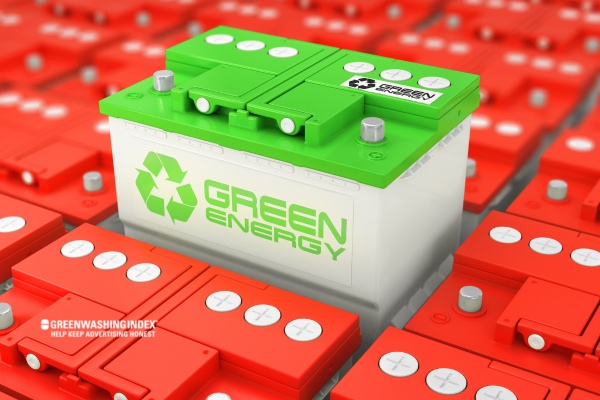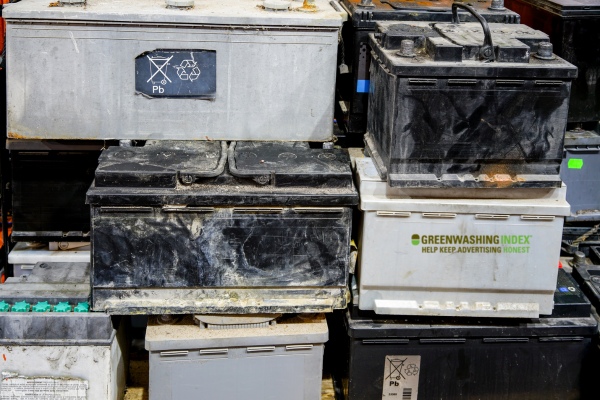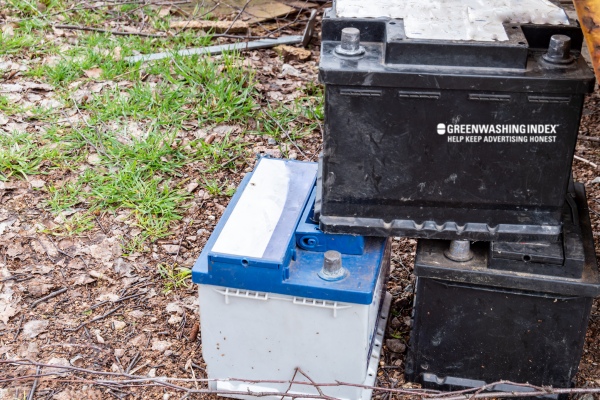

When you look at your car, do you ever think about how every part of it plays a crucial role in its functionality? Especially a car battery, which serves as the heart of the vehicle. But as vital as they are while in service, their disposal can also cause intense environmental harm if not done correctly. Welcome to your comprehensive guide to car battery recycling—a critical step towards eco-friendly practices in automotive sustainability.
Recycling your old car battery helps decrease the demand for new ones, reducing our reliance on harmful mining practices that destroy habitats and harm ecosystems. Essentially, giving your expended car battery a second life through the process of recycling saves natural resources while keeping toxic elements out of landfills. By considering car battery recycling, you’re comprehensively contributing to sustainable energy practices and creating a greener future for everyone.
So What’s In For You From Here?
Car battery recycling is a significant part of sustainable energy practices. It involves taking spent batteries that no longer have the capacity to energize a vehicle and processing them to extract valuable materials for reuse.

So, why exactly is car battery recycling crucial? First and foremost, we can’t keep making new batteries without considering the impact on our environment or running out of raw materials. To put it simply, not everything we require for today’s lifestyle comes in infinite supply.
Car battery recycling provides us with an opportunity to:
Recycling also lessens our environmental footprint as decreased dependency on mining directly relates to a lesser impact on habitats.
Interestingly, typical car batteries—also known as lead-acid batteries—are highly recyclable. Hence, when handled correctly, up to 99% of their components can be reprocessed!
It’s undeniable; that batteries left in landfills have hazardous effects on our climate and human health. A few concerns include:
On top of these direct impacts, mining needed for fresh raw materials also poses severe threats to biodiversity. Therefore, I cannot stress enough how essential it is for us individually and collectively as a community to adopt car battery recycling—ensuring both ecosystem protection and promoting sustainable energy practices. Remember “Green automotive solutions” aren’t just buzzwords; they are necessary strides towards conserving our environment.
As the world moves towards greener practices, car battery recycling has taken center stage due to its immense benefits for our environment and society. It not only seeks to safeguard the integrity of our ecosystems but also promotes sustainable energy practices.

Car batteries contain various harmful chemicals that, if improperly disposed of, can pose a significant threat to the ecosystem. Allowing these batteries to end up in landfills or recklessly dumping them can result in these detrimental substances seeping into the soil and contaminating water sources.
Such irresponsible actions have dangerous repercussions:
The idea of sustainability centers around utilizing resources optimally, ensuring their longevity for future generations. Recycling plays an essential role here – particularly in terms of car battery recycling.
Adopting eco-friendly disposal methods for car batteries contributes considerably to this cause. It helps us inch closer to realizing a future where we’re in harmony with nature, while our automotive needs continue to be met – essentially encapsulating the idea of green automotive solutions. Embracing car battery recycling is effectively embracing a sustainable, responsible future.
Car battery recycling may sound daunting, but once you understand the stages involved, it becomes comprehensible and straightforward. Below, I have outlined three major steps in this eco-friendly disposal method.
At the heart of car battery recycling is the crucial step – collection and transportation.
After arrival at a recycling center, each car battery is methodically broken down and its components separated through an environmentally conscious process.
Breaking down these batteries significantly contributes to reducing landfill waste – an essential aspect of sustainable practices in today’s world.
Once separation is completed, each part of a car battery gets repurposed into new, beneficial products.
Through this meticulous process, you see how every single component of an old car battery finds its way back into circulation instead of landing on landfill sites. It showcases not only the brilliance behind recycling but also our ability to come up with green automotive solutions that put sustainability at the forefront.
Participating in car battery recycling ensures environmental sustainability and helps to protect our ecosystems. But, where do you start? Don’t worry; here’s a comprehensive guide on how to recycle your old car batteries efficiently.

First things first – you need to identify a suitable location to drop off your used batteries for recycling. Quick internet searches can provide various eco-friendly disposal methods and green automotive solutions in your local area. However, take note:
Remember, correctly disposing of your old car batteries significantly reduces their environmental impact.
Once you’ve identified an authorized collection center, it’s crucial to prepare your used battery appropriately before handing it over:
By following these precautions diligently, not only do we ensure our safety but also contribute towards effective car battery recycling efforts.
Recycling car batteries is crucial due to their harmful environmental impact when improperly disposed of. Car battery recycling transforms waste into reusable materials, reducing the demand for raw resources and mitigating the pollution associated with battery production.
Always wear protective gear like gloves and safety glasses when handling used car batteries. Avoid tilting or turning them upside down to prevent acid leaks, and transport them in a sturdy, non-metal container if possible.
Yes, many regions have laws against improper disposal of car batteries due to their hazardous nature. Penalties can include hefty fines and legal repercussions. It’s always best to check local regulations regarding this matter.
Car battery recycling represents a cornerstone in sustainable energy practices. Without it, we risk causing lasting harm to our environment and depleting valuable resources.
By grasping the importance of car battery recycling and putting it into practice, we can safeguard ecosystems, refuse the over-extraction of raw materials, reduce landfill waste, and help pave the road to greener automotive solutions.
Key Takeaway Points

Don't let aphids, slugs, and caterpillars ruin another plant. Take back control with simple, natural methods that actually work.